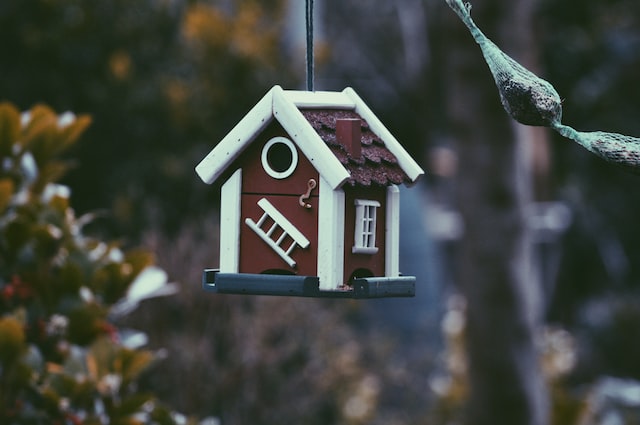Your homeowner’s insurance covers both specific guest medical expenses and property damage brought on by certain dangers. Only if you live there, though. Your vacant home is frequently no longer insured once you move out and put it on the market unless you take actions to retain your coverage. You should be aware of the following.
What is and isn’t covered by insurance
If you put your home on the market and stay there while it is being sold, your insurance is still in effect. If a potential buyer stumbles and breaks an arm, your insurance should cover it without a problem. If a windstorm rips a section of the roof off, you are safe.
If you leave your home while you still own it, your homeowner’s insurance could no longer pay for these costs. If no one dwells on the property, many policies indicate that they are no longer valid. Depending on the state and the insurer, how long a residence must remain empty before the coverage is affected changes.
The coverage has been discontinued since homeowner’s insurance is only meant to cover inhabited homes. When a person’s home receives damage, such as a broken water pipe, the resident can act to halt the flow of water and repair the line before further damage is done. Water leaks might go unnoticed for days or even weeks in an empty house, greatly increasing the amount of damage. Squatters or vandals who inhabit an empty house without authority may also be attracted to it. The harm can increase if these incursions go undiscovered for a period.
A claim for an event that took place in an empty house is probably going to get turned down. If the insurance provider discovers that the house is unoccupied, it may cancel your coverage even if you haven’t filed a claim.
Insurance coverage for an empty residence can be changed
You must inform your insurance company and get the appropriate changes made to your policy before selling your house. The insurance company might be able to give new coverage designed especially for abandoned properties or add a rider to an existing policy. No matter what happens, be prepared: Your insurance premium will increase.
Don’t gamble
You could be wondering, “What are the chances that something will happen?” In actuality, they are larger than you may think. Not because there is a greater risk of an insured disaster, but because the chance that concealed damage would worsen and cost more money because of your absence is higher.
If you intend to vacate your property while you still own it, check your homeowner’s insurance and get in touch with your agent. It’s worth the extra premium cost to have the correct coverage and avoid a catastrophic loss.



